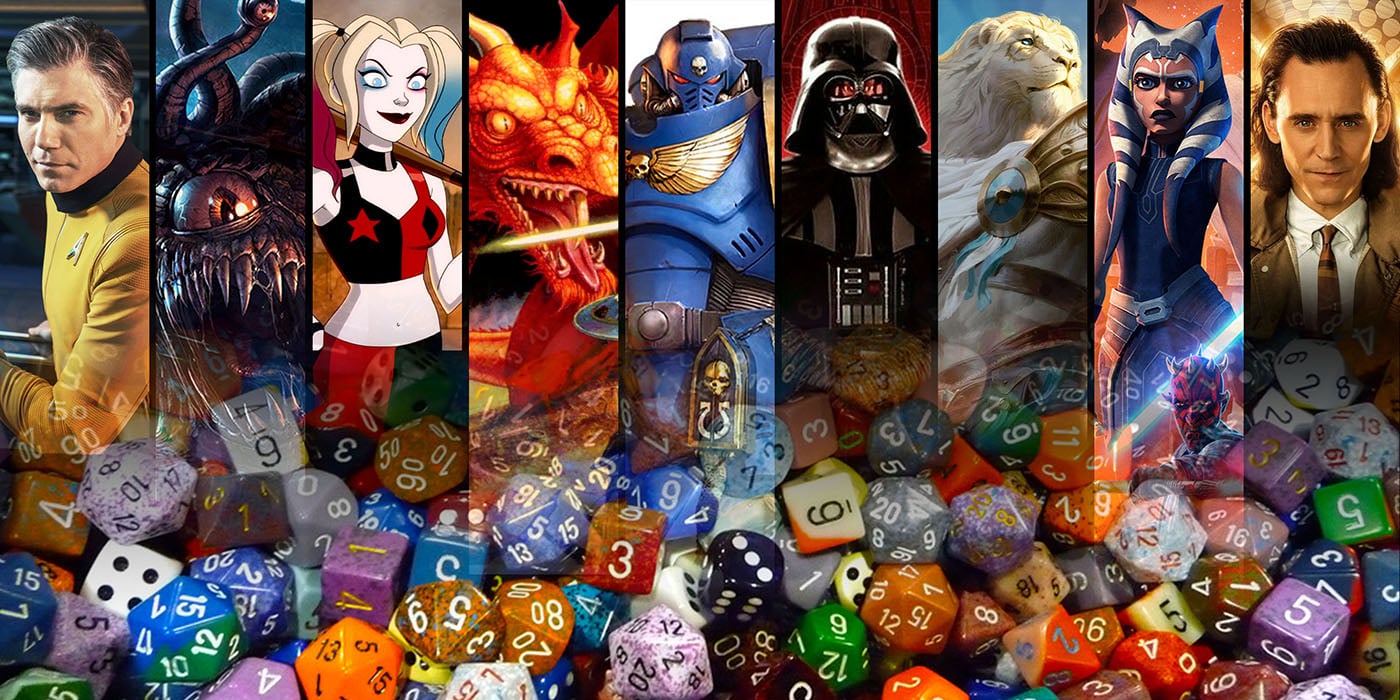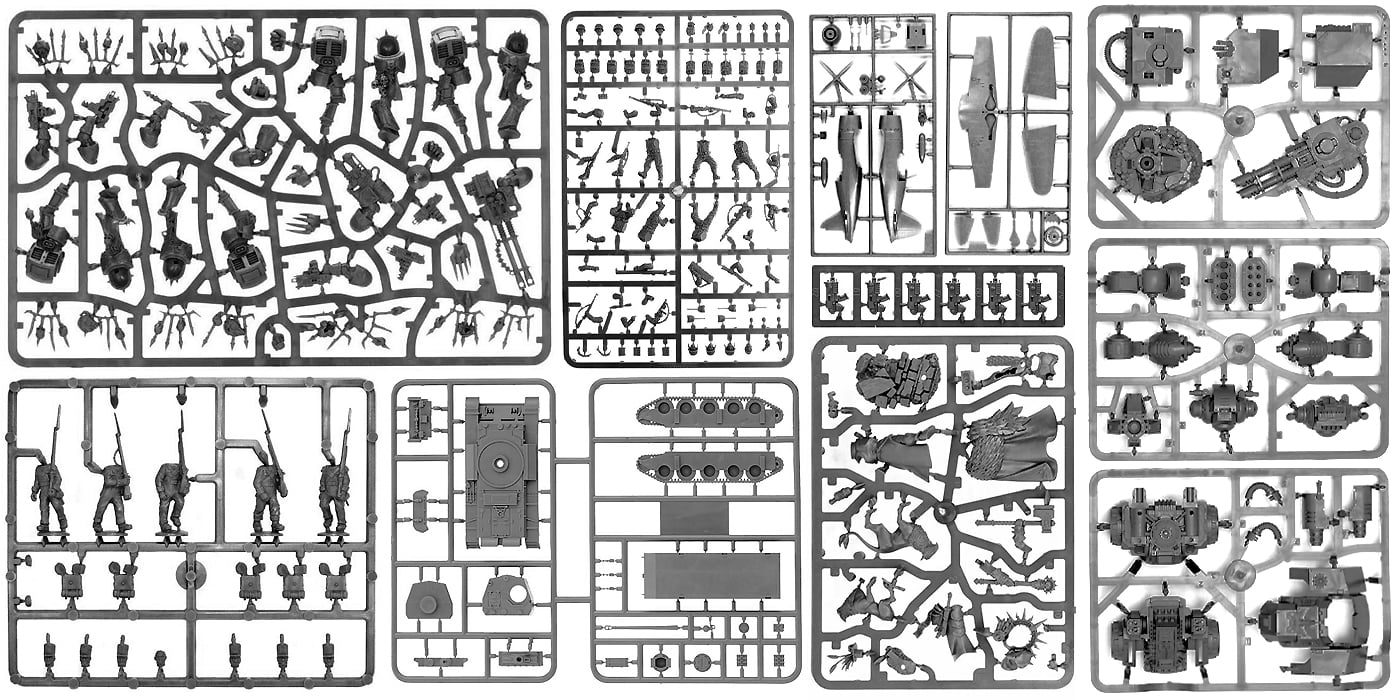Wargaming Through the Eyes of Napoleon Bonaparte

This is the first in a series of examinations of how traditional military thinkers can help us as players of various types of wargames. The idea of these articles is to provide both new and veteran players with sage advice that has echoed down the ages and still influences modern tactical, strategic, and logistical thinking.
Since, in the end analysis, all wargames, whether Warhammer 40K, WFB, AT-43, Confrontation, Warmachine, or Flames of War, depend from the same evolutions of military simulation, I intend to, at the very least, discuss such famous military minds as Scipio Africanus, Julius Caesar, Winston Churchill, Ferdinand Foche, Fredrick ‘the Great’ Hohenzollern II, Alexander of Macedon, Musashi, General George Patton, Sun Tzu, Sun Pin, Tamerlane, Carl von Clauswitcz, Helmuth von Moltke the Elder, Wallenstein, and Xenophon, among others. Each article will provide a few quotes, and some ideas on how these can make or break your game. To start with, though, I felt that the greatest leader of the 19th century, Emperor of Europe, and master of the world would be a pretty good jumping off point.
“Death is nothing, but to live defeated and inglorious is to die daily.”
Let’s face it: it is very easy to spend the lives of little plastic men. They don’t have families to write letters to, and most of the time they don’t even have proper names. That being said, I know of a great many players who try their best to keep their little plastic guys alive until the end of the game to their own detriment. While I am not advocating throwing your troops into the meat grinder pell-mell, it should be noted that a defeated general with almost no losses in units still lost the game. Spend your little men when you must, but spend them wisely and to a purpose.
“He who fears being conquered is sure of defeat.”
Much like in the prior quote, the Emperor of France would advise us not being overly cautious in the face of adversity. Playing to a draw is not a tactic of success, only a victory is a success. That being said, your aim should always be to develop tactics that will push for the defeat of the enemy in one way or another.
“I am sometimes a fox and sometimes a lion. The whole secret of government lies in knowing when to be the one or the other.”
An important lesson any commander must learn to survive the tumults of war is when to be bold and when to be clever. In spite of what list builders will tell you, some armies will require finesse regardless of your aims in list building. A large and mighty hammer still benefits from being swung at the right target at the right time. The same can be said of a more refined, clever tactics list. Maneuvering and sneaky tactics are all well and good, but you need to plan to come to grips with the enemy and defeat him when the opportunity presents itself.
“In order to govern, the question is not to follow out a more or less valid theory but to build with whatever materials are at hand. The inevitable must be accepted and turned to advantage.”
Things can and will go wrong, this is a fact of the game. Here the Emperor councils that a wise man never presumes that the plans that he made will ever bear any relationship to what he actually faces. This is a concept that most tourney players are familiar with (you cannot plan for every contingency), but those of us who play locally would be wise to remember that our opponents can be just as tricky and unpredictable.
“One must change one’s tactics every ten years if one wishes to maintain one’s superiority.”
For this reason you should never play the same list without minor changes from game to game, as you will risk becoming inflexible and facing an enemy who has planned for your standard build. You need to be flexible enough to fight on, improvising new tactics as you go, and, if fortune favors you, win. The slender willow bends in the wind, where the brittle reed breaks.
“You must not fight too often with one enemy, or you will teach him all your art of war.”
In a similar vein with the statement to change tactics, this abjuration to not fight the same opponents over-much is an important one. Not only will fighting the same opponent time and again lead to stagnation for both of you, it may lead to you being overwhelmed the next time you challenge a different opponent and see a completely different bag of tricks.
“When small men attempt great enterprises, they always end by reducing them to the level of their mediocrity.”
This one goes out to the ‘win at all cost players’ out there and the folks forced to fight against them on the table. WAAC players are generally small minded people whose only goal in life is to beat on the other player. This is their weakness, exploit it. They will generally be weaker generals than their super-lists may make them appear, and will often be discouraged by early losses, or prevention of their own plans from working. Frustrate them early and often and their enterprise will fail spectacularly.
“Nothing is more difficult, and therefore more precious, than to be able to decide.”
Whether you use a timer or some other method, force yourself to move at a brisk pace. Lingering overlong on any decision, hesitating at any juncture, or faltering at any crossroads will give your opponent advantage. Why? When you pause to reflect, a good opponent will see what you are reflecting on and figure a way to exploit that indecision.
“Take time to deliberate, but when the time for action has arrived, stop thinking and go in.”
Wait, didn’t he just say to move at a brisk pace? Well, yes, but when your opponent is moving his little plastic men, you have lots of time to think and react. If you wait until your move, then it is already too late. You should always be cognizant of your opponents’ actions, and be planning counterstrokes to everything he does as he is doing it.
“With audacity one can undertake anything, but not do everything.”
Be bold, daring, and take risks, just keep in mind that this alone will not win the game for you.
“The strong man is the one who is able to intercept at will the communication between the senses and the mind.”
Like the previous quotes, this one is an injunction to take time and think. Basically, avoid reacting immediately to any situation or stimuli. An ‘obvious’ error may in fact be a subtle trap. Think before you leap, in other words.
“The battlefield is a scene of constant chaos. The winner will be the one who controls that chaos, both his own and the enemies.”
Keep in mind that the best laid plans of mice and men often go awry, and teach yourself to improvise and think on your feet. What is the best way to do this? Challenge yourself by playing matches where your army is totally unsuited to the opposition. Purposely build less than optimum lists to help exercise your tactical skills, and throw them at the first opponent you meet. Do this enough times, and I guarantee you will start seeing some very surprising changes in your tactical outlook.
“Victory belongs to the most persevering.”
How many times has it looked like a grim massacre in turn two of a game that you are playing? How many times has fortune reversed her favor and granted you a reprieve from defeat near the end-game? Keep in mind that no game is ever over until the final turn is completed, and fight on as though your life depended on it until the last shot is fired.
“Ten people who speak make more noise than ten thousand who are silent.”
There are a whole lot of people claiming to know better than you. From internet list-building math-hammer wizards to forum trolls, everyone has an opinion on how you should be playing, including me. This does not mean that you have to actually listen to them.
“The torment of precautions often exceeds the dangers to be avoided. It is sometimes better to abandon one’s self to destiny.”
Worrying about any one set of conditions is a sure way to set yourself up for failure against other prevailing problems and issues. Try to keep things in balance and work towards dealing with multiple different types of circumstance and you will not go too far wrong.
“To do all that one is able to do, is to be a man; to do all that one would like to do, is to be a god.”
Most of us are smart enough to understand this, but we should all be reminded that we are not the arbiters of fate. Our job as generals in a game like this is to make the command decisions, but they will never go all our way. Do not become disappointed that your plans are upset, just move on to the next evolution of your tactic and adapt yourself to the circumstances that you find yourself in.
“Yes, I know he’s good, but is he lucky?”
Being good at tactics is great, but if your luck is bad… that will lose you more games than bad tactics. Not much you can do about this other than hope your luck changes and not take it personally.
Next time: Julius Caesar. If you have any requests, or great quotes you can apply to wargaming, lets hear them.



